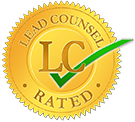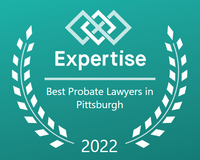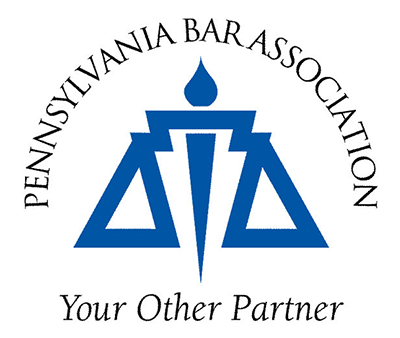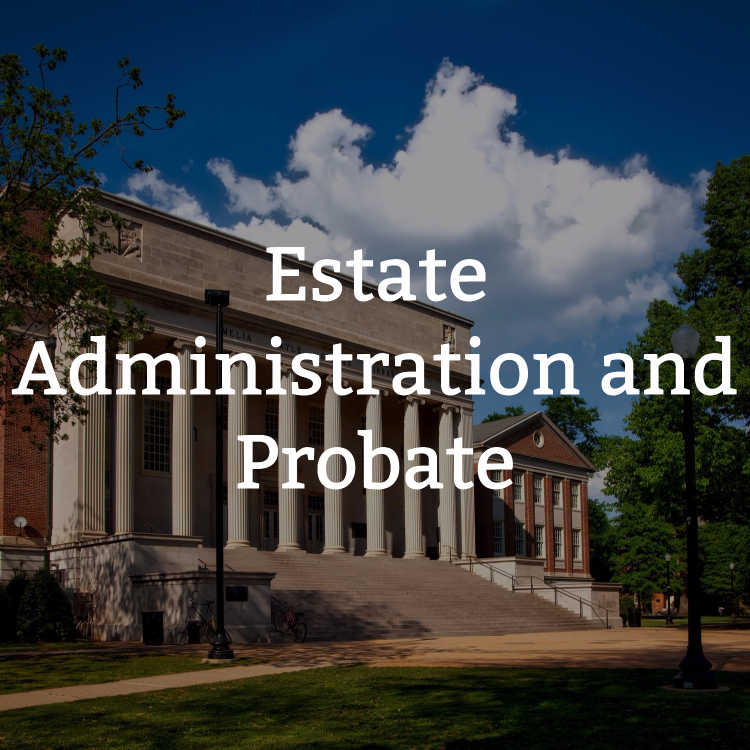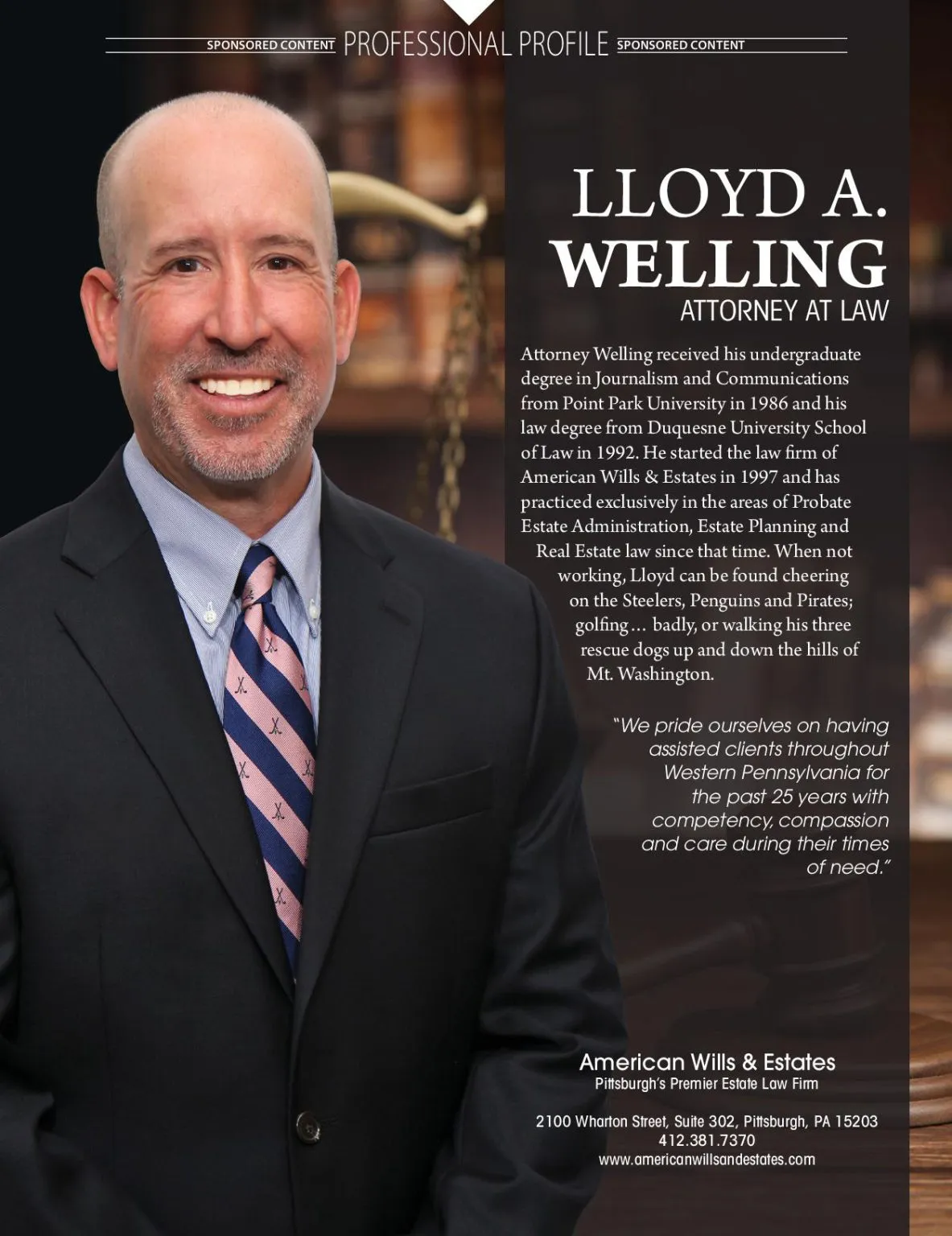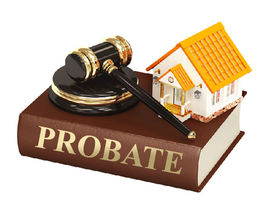IS YOUR REVOCABLE LIVING TRUST ACTUALLY GOING TO AVOID PROBATE?
So you’ve gone to the time and expense of creating a Revocable Living Trust. The real question now is whether or not your fancy new trust is actually going to effectively avoid probate for your family after your death. Probate is the formal court process that is necessitated when you die with assets that are still titled in your name alone. Thus, you better be sure that in addition to having created merely created your new trust, you better also have taken the necessary steps to properly fund it. If not, your family may be unexpectedly experiencing the joys of the probate process firsthand.
In our practice I can’t tell you how many times we’ve had people come in after the death of a loved one with the fancy binder containing the Decedent’s trust documents only to discover that the trust was never properly funded. Here are three (3) steps that people often fail to take when establishing a revocable living trust.
1. Make sure that the deeds to ALL of your real property have been retitled and recorded in the name of your trust. Sure, when the trust was created the attorney helped transfer the title to your primary residence into it, but what about other properties that you might own. How about the condo in Florida, the cottage in another state, or the hunting camp that been in your family forever? Sound familiar? If this sounds like your situation, you better make sure that you take the necessary steps to have these other properties actually transferred into your trust or your family is not only going to be faced with going through the probate process, but they may actually have to do so multiple times in multiple state jurisdictions. Don’t let this happen to you.
2. Make sure that any family business entity that you own has been titled into the name of the trust. This is another step commonly missed when a revocable living trust may first have been established. If you have an interest in a corporation, an LLC, a partnership or any other kind of business formation, you better make sure that you have taken the necessary steps to ensure that it will actually pass through your trust to your intended heirs and beneficiaries. It is easy to forget about making changes to such business entities when you’re working on your estate planning and creating your trust documents. Hopefully, you had an experienced estate planning attorney who actually took the time to address such concerns. If not, it’s extremely important that you take steps while you’re still living to retitle such business shares or ownership interests. One possible option may be to “assign” the shares or business interests to your Living Trust so that you’re holding them as Trustee and not individually. Another possible option might be to explore creating a transfer-on-death (TOD) or pay-on-death (POD) provision in your actual business formation papers or corporate agreement.
3. Make sure that all of your bank and other financial accounts properly designate or reference your revocable living trust. This is another step that is often missed in the early stages after a trust has been created. Many times we see that a client opened a new account after they created their trust, but that they opened it in their individual name rather than as the Trustee of their trust. This misstep can throw such incorrectly titled accounts right back into the probate process. Trust me it’s all too common for us to find that, despite the time and expense a decedent may have initially taken to create their trust, many of their investment accounts are still in their names along at the time of death. Even if some of those accounts are relatively small, the bank or financial institution may nevertheless insist on probate papers being obtained and presented in order to access or closeout such funds. Remember this, have multiple accounts in multiple states in your name alone could lead to your family having to probate your estate in multiple jurisdictions.
While you may be able to take some of the above-mentioned steps on your own, it’s probably a very good idea to have an experienced estate attorney help you out. Remember if you make mistakes now, your family will experience the frustration of having to spend both time and money later to correct them. Following these simple steps will dramatically simplify the later administration of your estate and should effectively avoid the need for your family to have to go through the probate process. If you still have questions or would like to discuss any of these matters in greater detail, please just give us a call. We’ve been assisting clients throughout Western Pennsylvania through the estate planning and probate estate administration process with competency, compassion and care for over 25 years.



